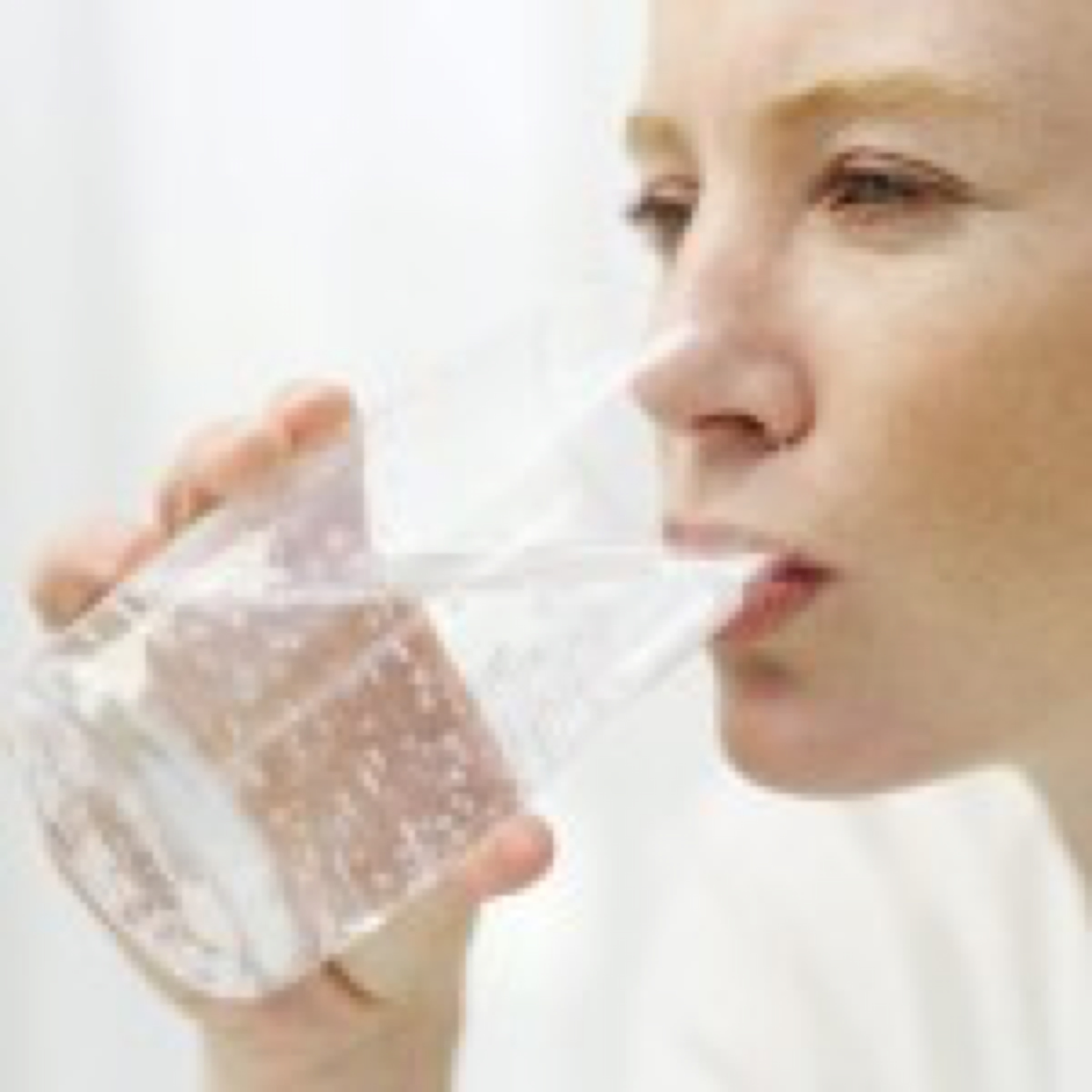12 Tips To Take Care Of Your Kidneys
Our kidneys play a vital role in excreting drugs and toxins in the body but sometimes sheer numbers can be overwhelming and they need some help from us. You may need to undergo some detoxing therapy and you certainly need to be constantly on guard against the many drugs and other toxins that can actually harm your kidneys.
Toxins include medications such as NSAIDS and statins, aspirin and Tylenol
In addition, here are some other ways in which you can harm your kidneys:- Being obese
- Through fluoride in your water supply
- Using non stick cookware (Teflon) and other common household items
- Undergoing root canal treatment along with dental mercury amalgams
- Exposure to toxic mold in the home and elsewhere
- The use of pesticides and laundry detergents and other toxic cleaning materials
- Artificial sweeteners of all types
- Consuming fructose, sodas and candies
The emotion often associated with problems with the kidney is fear
Emotions can play a part with the health of our organs too. If you are frequently fearful, you may well be affecting your kidneys and their function.
Disease factors
Kidney disease risk factors include diabetes, high blood pressure, obesity, smoking and age. Early detection and treatment can increase the life of the kidneys. Remember too that high blood pressure can lead to or be a sign of kidney disease. Kidney disease is called a ‘silent disease’ as there are often few symptoms but here some of the signs and symptoms:- Change in frequency and quantity of urine passed, especially at night (usually increase comes first)
- Blood in the urine (haematuria)
- Foaming urine
- Puffiness around the eyes and ankles (oedema)
- Pain in the back (under the lower ribs, where the kidneys are located)
- Pain or burning when passing urine
- Tiredness, inability to concentrate
- Generally feeling unwell
- Loss of appetite
- Nausea and vomiting
- Shortness of breath
Reduction in kidney function cannot usually be reversed
However, if detected early enough, the progress of kidney disease can be slowed and sometimes even prevented - but if kidney function is reduced to less than 10 per cent of normal then renal dialysis or a kidney transplant becomes necessary. Dialysis is a treatment for kidney failure that removes waste products and extra water from the blood by filtering it through a special membrane (fine filter). But please do not let your kidneys deteriorate in the first place.
Early detection of kidney disease can be life saving
Very importantly, lifestyle changes can keep your kidneys healthy.
Here are those 12 tips
1. Avoid contact with all the toxic and harmful items listed at the beginning of this article.
2. Eat lots of fresh fruit and vegetables (particularly the latter) together with grass fed beef and free range chicken and eggs.
3. Stay away from sugars, sodas and artificial sweeteners, processed salty foods and the bad trans fats. Instead, change to natural salt and good fats such as butter from raw cream, olive oil and organic coconut oil. Stevia is a safe replacement for sugar.
4. Try to drink only water instead of other drinks. This should be pure filtered water – several glasses per day.
5. Maintain a healthy weight and, of course, this will be more easily achieved through the other lifestyle changes that you make.
6. Stay fit by at least 30 minutes of physical activity that increases your heart rate on five or more days of the week - suggestions include: walking, lawn mowing, cycling, swimming or gentle aerobics.
7. Don’t smoke and limit your alcohol to a maximum of two small drinks per day if you are male or one small drink per day if you are female.
8. Have your blood pressure checked regularly. If you blood pressure levels are higher than they should be, lower them with natural remedies rather than statins which can actually lead to kidney damage.
9. Do things that help you relax and reduce your stress levels.
10. Spirulina (from a safe source) helps to protect your kidneys. As kidneys are one of the first organs to suffer damage after significant radiation exposure, Spirulina is used - but research also suggests that spirulina helps protect from the nephrotoxicity of cancer treatments, antibiotics and analgesics.
11. Please be aware that many people today are gluten intolerant and as such can suffer from gluten induced kidney damage. If you are not sure or are suspicious that you might be gluten intolerant, get genetically tested for gluten sensitivity. If you have actually have kidney disease, make sure your doctor checks your 25 OH D levels (vitamin D). Additionally, make sure that he measures for other nutritional deficiencies as well. Malabsorption is a common cause of secondary diseases for those with intolerance or sensitivity to gluten.
12. It cannot be overemphasized how important vitamin D is to your general health including the kidneys. Vitamin D is not a vitamin at all but a steroid hormone that is probably the single most important factor in human health. The optimum level for good health is to be between 40 ng/ml and 100 ng/ml and if you are not receiving sufficient sunlight exposure, the average adult needs to take a daily dose of 8000 IUs daily to elevate their levels above 40 ng/ml.
Remember that avoiding all toxins, taking regular exercise, along with a balanced diet and drinking plenty of water will help to keep your kidneys working well and in peak condition.
Sources
7 secrets to keeping your kidneys healthy. (2015).
health.clevelandclinic.org/7-secrets-to-keeping-your-kidneys-healthy/. (Accessed, July 7, 2021).
8 golden rules: What can you do for your kidneys? (n.d.).
worldkidneyday.org/faqs/take-care-of-your-kidneys/8-golden-rules/. (Accessed, July 7, 2021).
How your kidneys work. (2017).
kidney.org/kidneydisease/howkidneyswrk. (Accessed, July 7, 2021).
Kidney disease ( nephropathy). (2017).
diabetes.org/living-with-diabetes/complications/kidney-disease-nephropathy.html. (Accessed, July 7, 2021).





